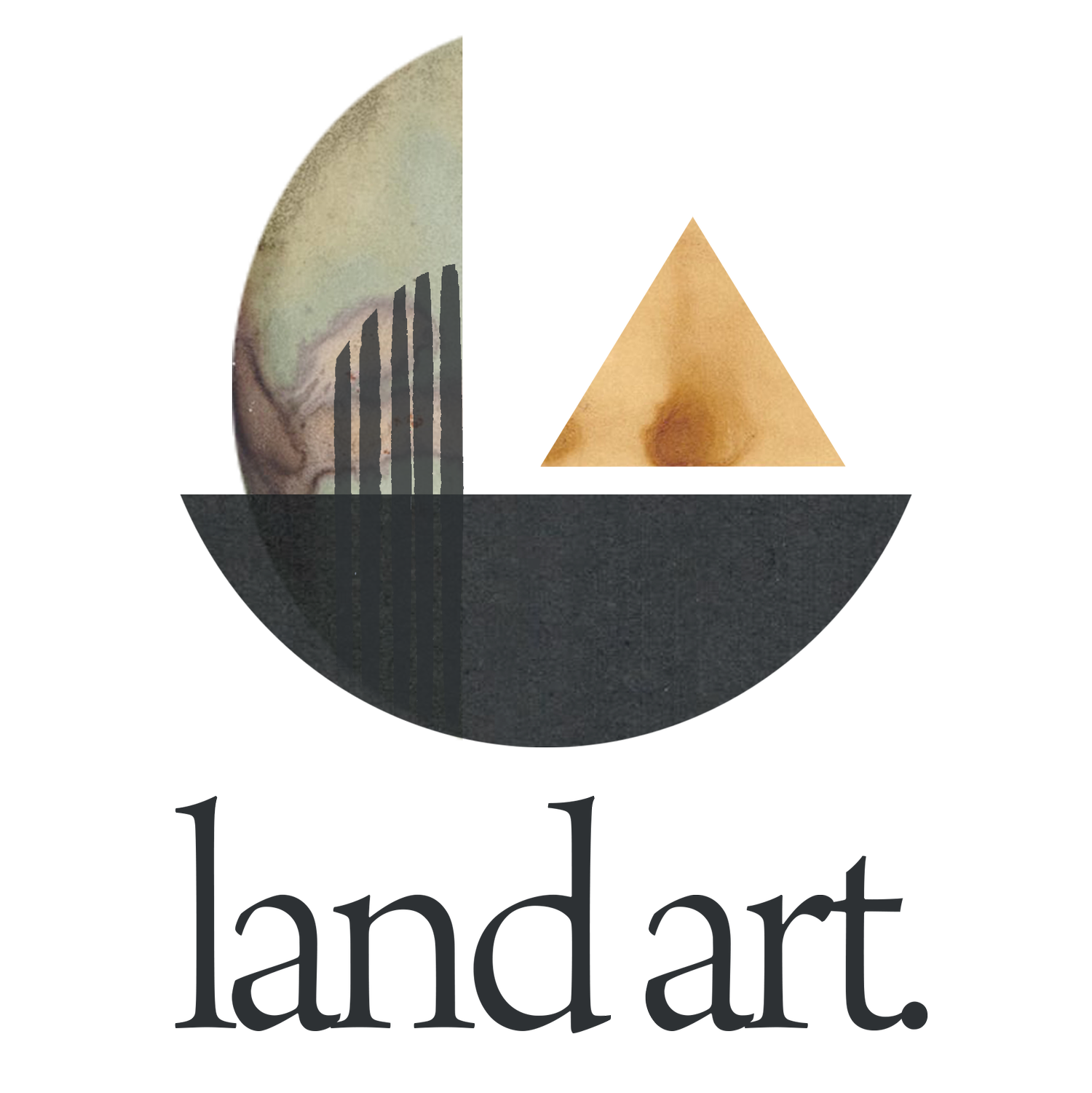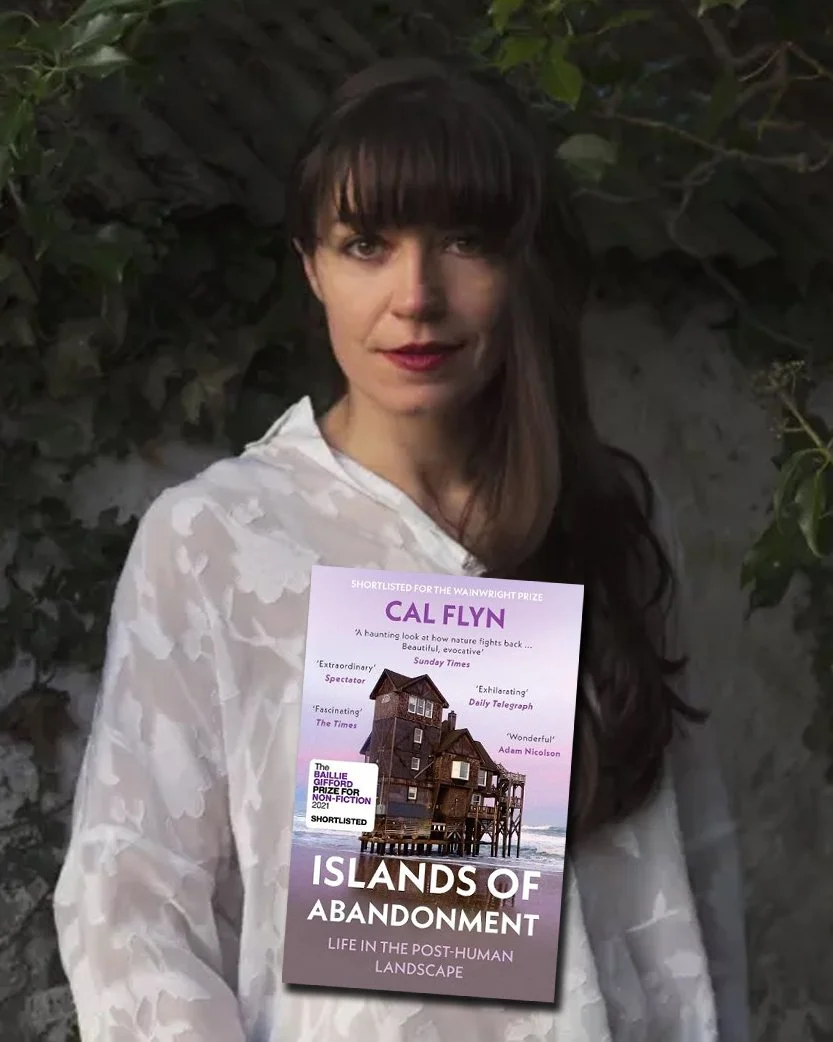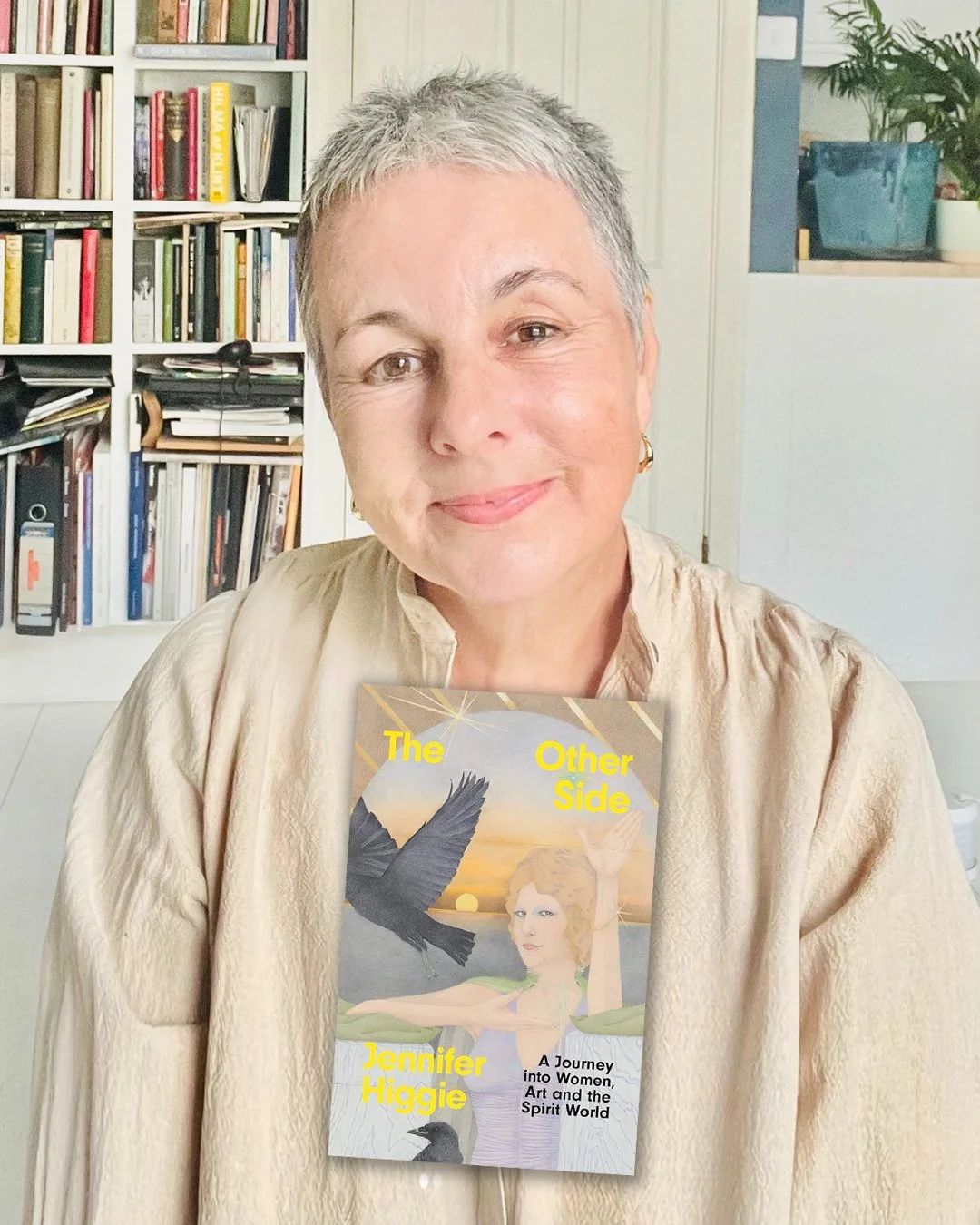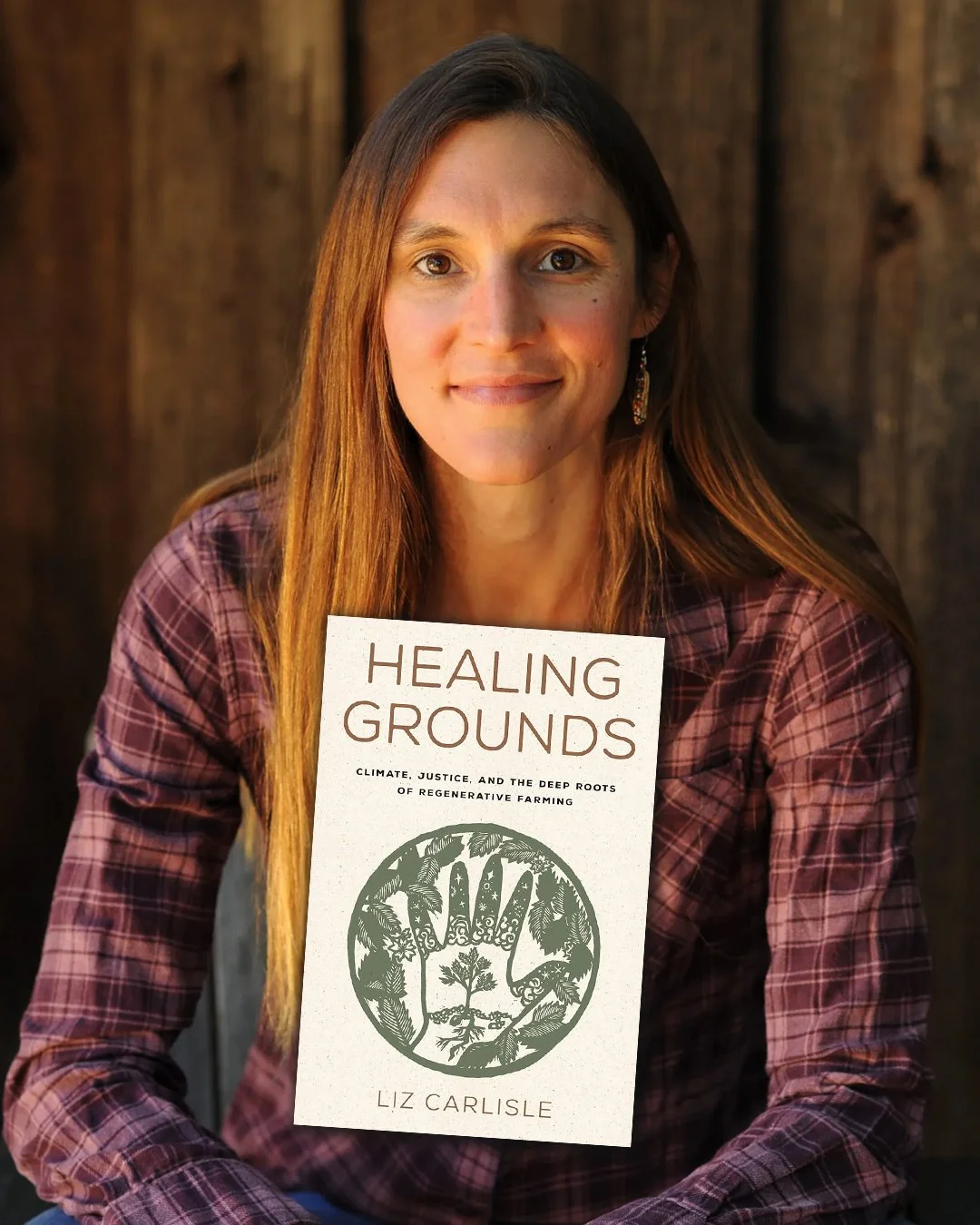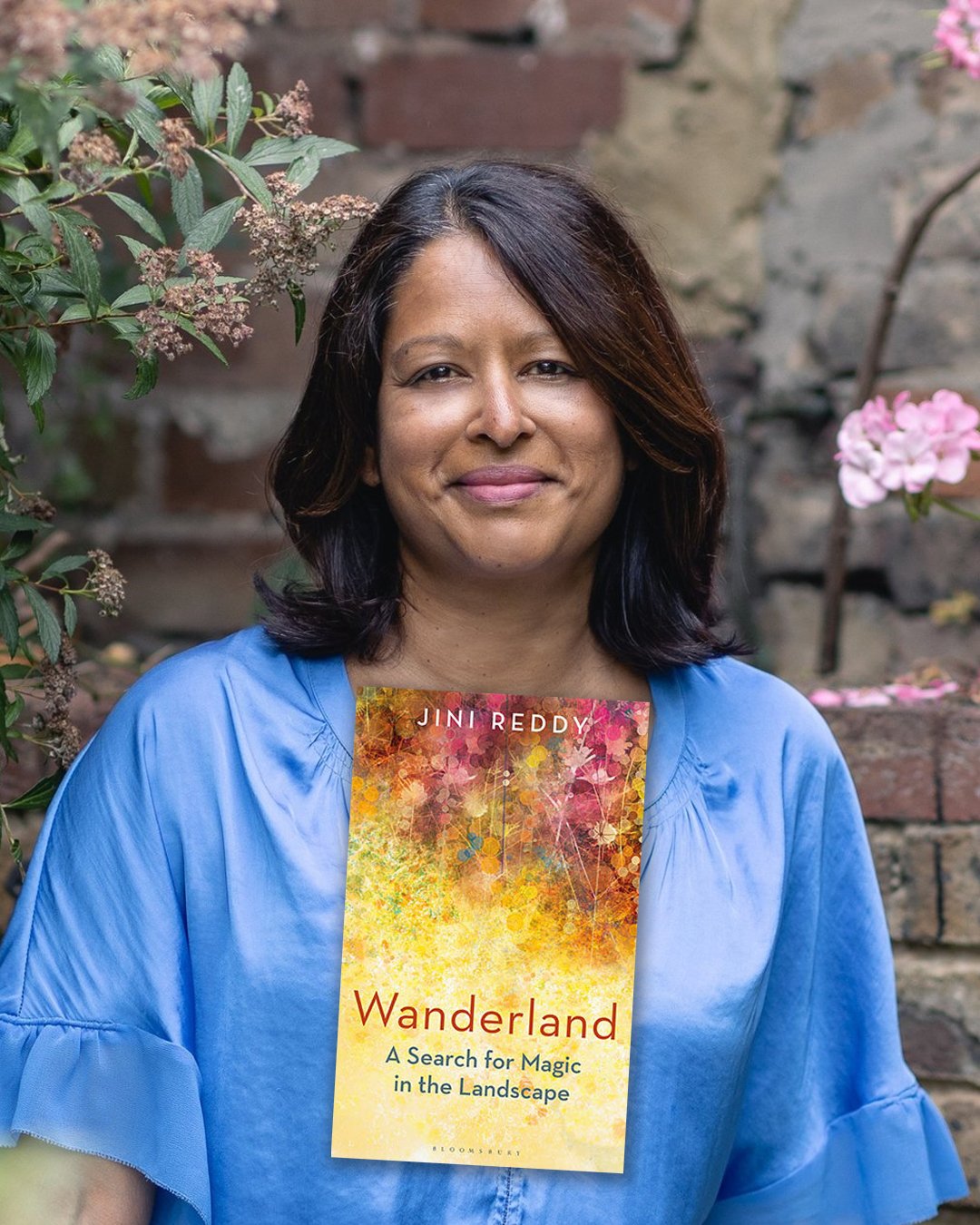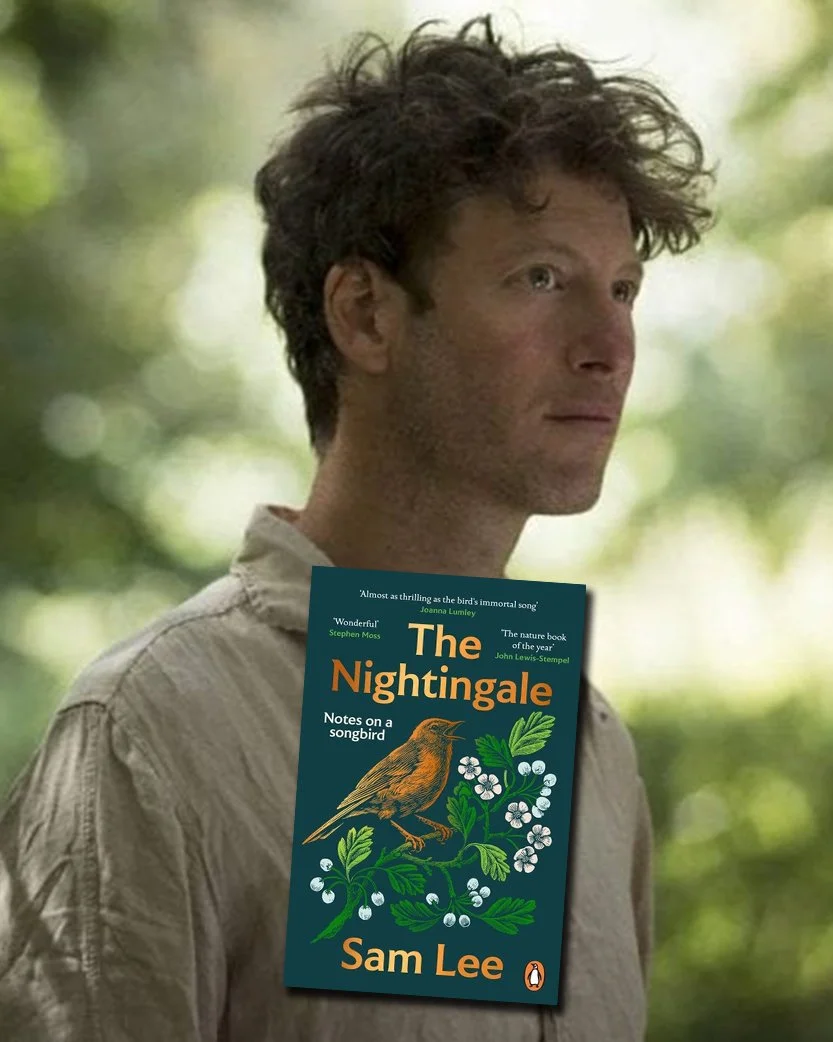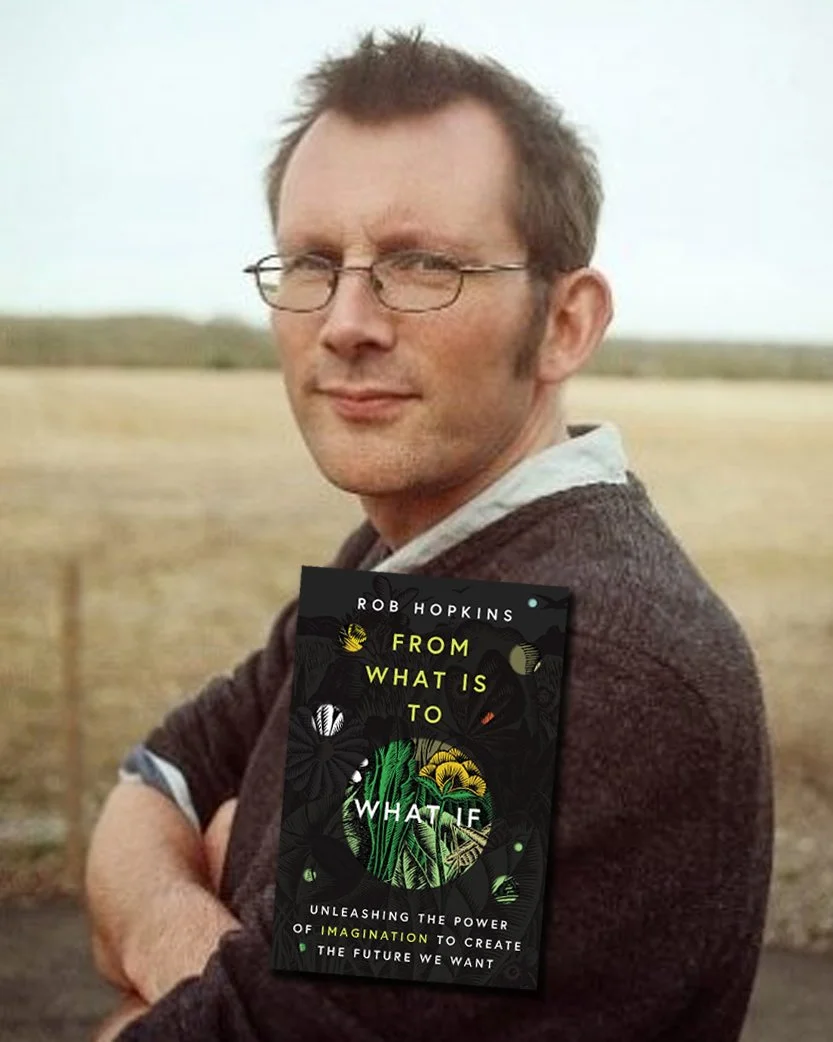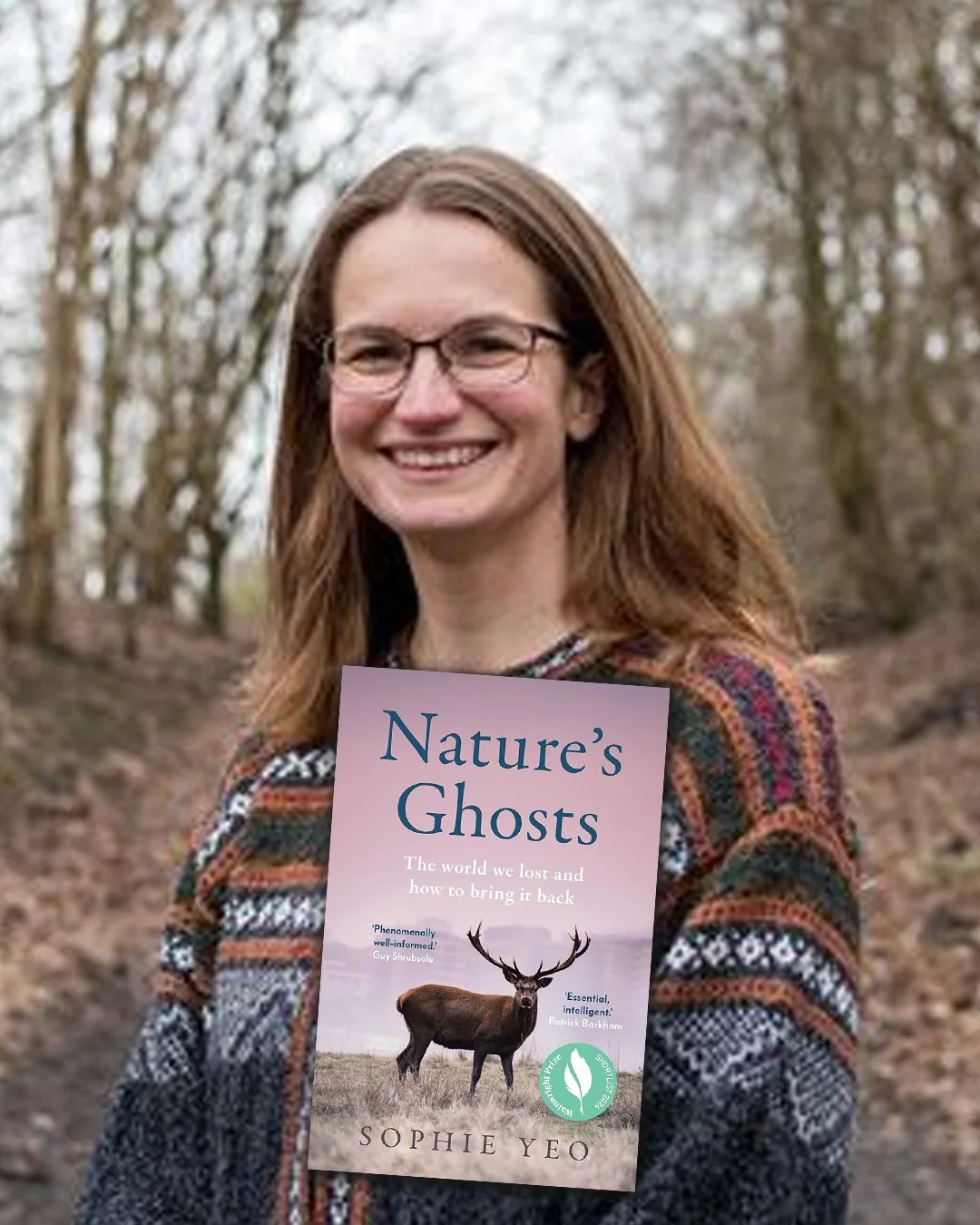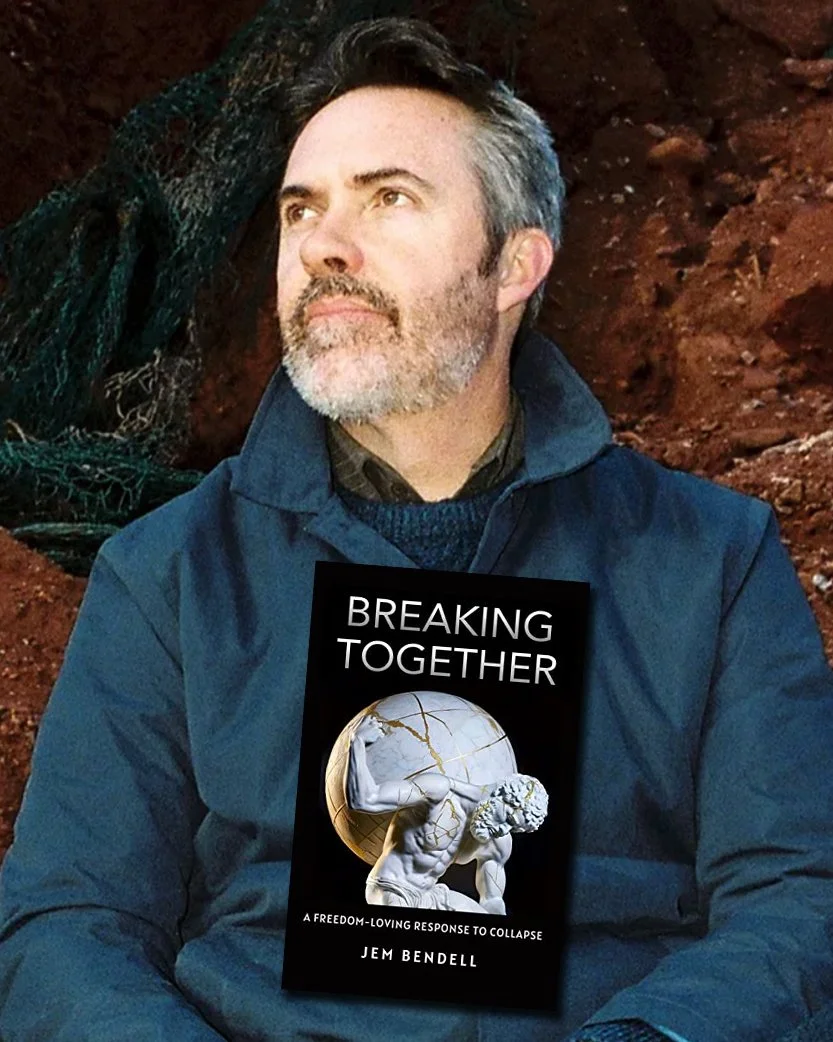
Books for our Times:
Introductions to illuminating reads with Guest Authors
Monthly live discussion with acclaimed authors & a community inspired
by Land, Sea & Sky
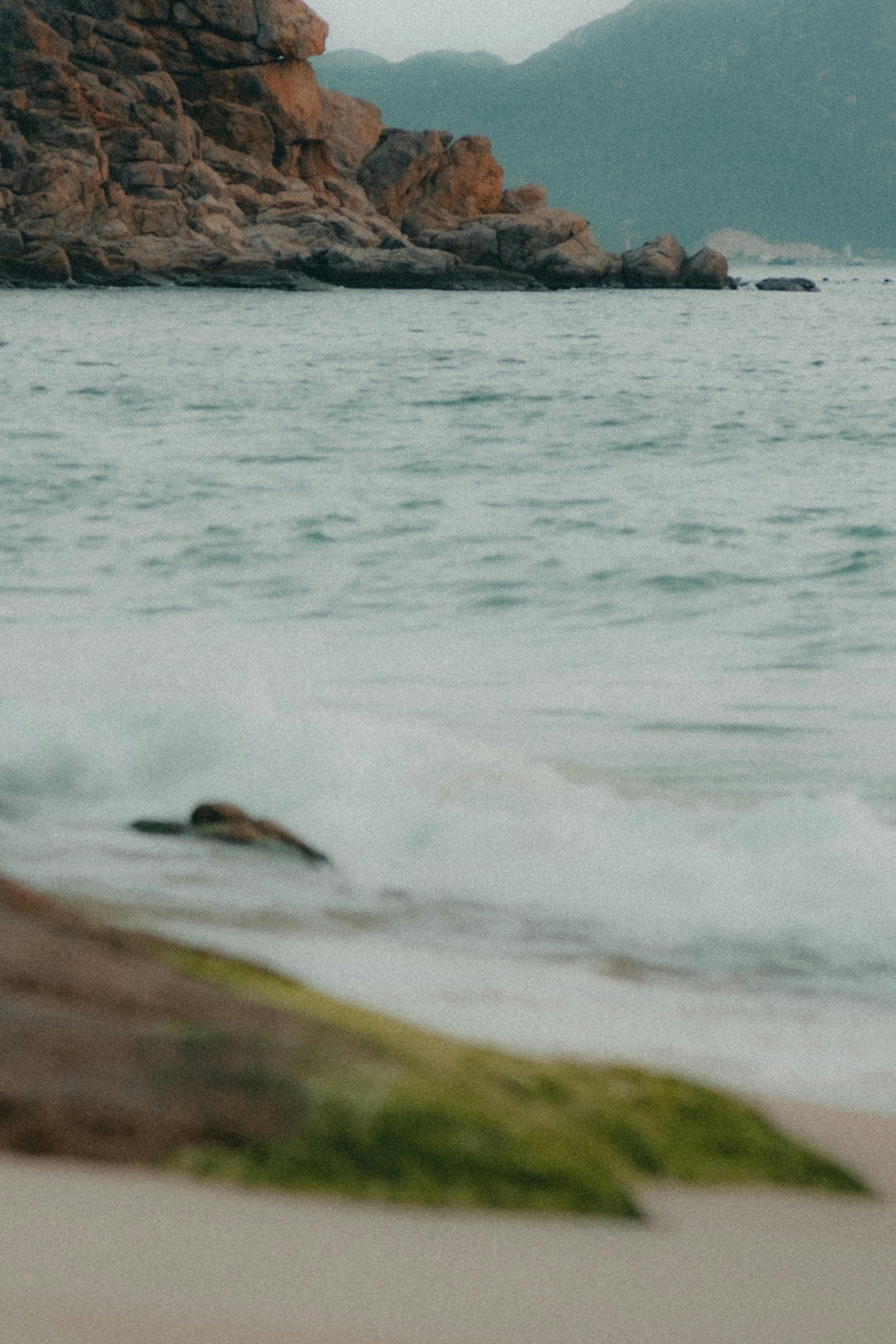

Guest Authors Include:

Join the conversation & our international community
A 12 month book club subscription includes:
Access to our live & online discussions every month for conversations + Q&A with internationally renowned authors.
Unlimited access to our book talks archive and session recordings.
Monthly insight & inspiration is offered through our collective discussions for the times we now navigate.
Explore our community hub for conversations, resources and information on each book & discussion and connect with our international community.
On signing up you will receive access to the members page, the community hub and all of the session links.
Join us for 12 Upcoming Sessions
*We do offer free places for students and to those who require funding. Please email us to request.

-
“It was such a fascinating talk! will be telling friends about the book.”
Book Club Review
-
“So inspiring. Wow”
Book Club Review
-
“Thank you so much this was just what I needed today.”
Book Club Review
-
“I love the hope in your thinking and look forward to reading the book.”
Book Club Review
-
“Muchas gracias a todas! Very nourishing.”
Book Club Review

Join in the discussion and connect with those inspired by Land, Sea & Sky
“It was such a fascinating talk! will be telling friends about the book.”
“So inspiring.Wow”
“Thank you so much this was just what I needed today.”
“Muchas gracias a todas! Very nourishing.”
“I love the hope in your thinking and look forward to reading the book.”
‘We are required to attend to others in their specificity, to ask and re-ask with them: what matters here and what else might be possible.’
This is what these sessions invite us to do, together.

SESSION INFORMATION:
On signing up you will receive access to an exclusive members page with all of your session links and details.
Each session we will be introducing a key book that supports the restoration of the Earth. This will be through a presentation of key themes, insights and lessons and with a discussion with the author.
You are invited to join us in an open discussion with our Guest Author and to bring your questions and reflections.
Whilst we will be discussing the book in detail, it is not essential to have read each book, as we will be introducing key themes and topics so that you can familiarise yourself with each text. However it is recommended do a little research on the texts where inspired.
*Many books we will be working with have PDF / Audible versions online where preferred. We will also send a link to purchase the book as recommended by the Guest Author.

~ Join our Sessions ~
Join us for 12 Upcoming Sessions


